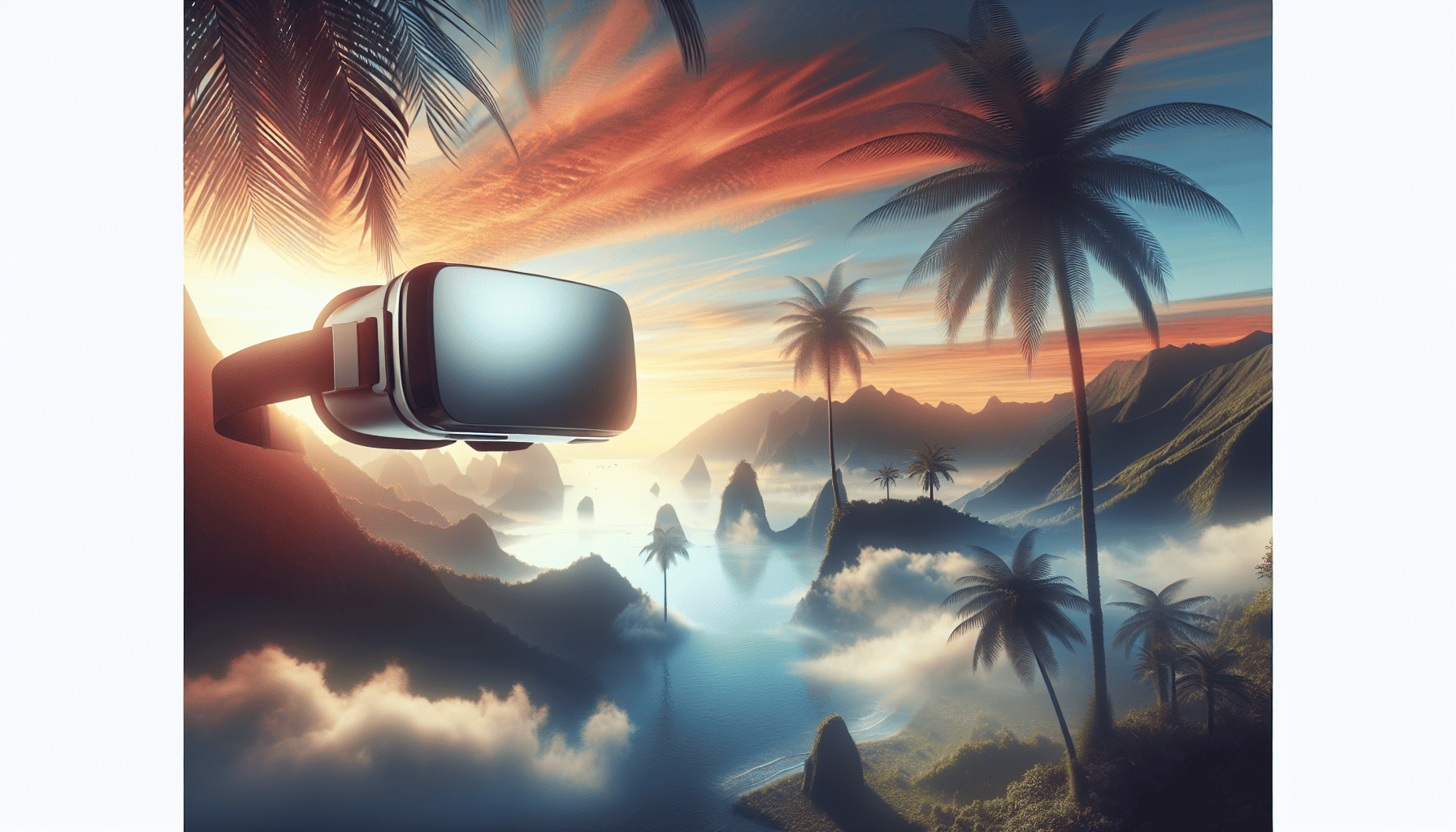The world of travel is undergoing a transformation, one that allows us to explore distant lands and cultures without ever leaving the comfort of home. This revolution is driven by virtual reality (VR), a technology that is redefining the way we experience the world. As travel enthusiasts seek more sustainable and cost-effective ways to quench their wanderlust, VR offers a captivating alternative that is both immersive and innovative.
Virtual reality has the power to transport users instantly to far-flung destinations. With a VR headset, armchair travelers can find themselves strolling through the ancient streets of Rome, gazing at the northern lights in Iceland, or diving into the vibrant coral reefs of the Great Barrier Reef. The technology creates an immersive 360-degree experience, allowing users to explore their surroundings and interact with the virtual environment as if they were actually there.
The versatility of VR in travel is immense. Cultural heritage sites, renowned museums, and natural wonders can all be visited virtually, offering an experience that is simultaneously educational and awe-inspiring. Institutions such as the Louvre in Paris and the Smithsonian in Washington, D.C., have already embraced VR, providing virtual tours that allow global audiences to access their collections from anywhere in the world.
In the realm of education, virtual reality plays a pivotal role by offering students the chance to experience the world's geography and history firsthand. Imagine a history lesson where students can walk through the corridors of the Colosseum or visit ancient Egyptian tombs in real-time—such experiences can ignite a passion for learning that traditional textbooks may struggle to inspire.
For those with physical limitations or constraints, VR opens up travel opportunities that may have once seemed impossible. Elderly individuals, people with disabilities, or those unable to travel due to health or financial reasons can now embark on incredible journeys through VR, breaking barriers and expanding horizons.
Beyond individual experiences, VR is reshaping the tourism industry. Hotels and travel companies are embracing VR to give potential customers a taste of what they can expect at a destination or accommodation. By offering virtual tours of hotel rooms, resorts, and even cruise ships, the industry can provide prospective travelers with the confidence to book their next adventure.
Additionally, VR promises a more sustainable form of travel. Given the environmental impact of air travel and overtourism in popular destinations, virtual reality presents an eco-friendly alternative that reduces carbon footprints while still satisfying the urge to explore new places.
However, as VR continues to advance, it is vital to address concerns related to the technology. Ensuring accessibility for all, preserving the authenticity of cultural experiences, and maintaining user privacy are key considerations for developers and policymakers.
In conclusion, virtual reality is redefining travel by broadening access, enhancing educational opportunities, and promoting sustainable practices. While nothing can fully replace the tactile experience of being in a new location—the scents, the sounds, the serendipitous encounters—VR provides an intriguing glimpse of what's possible when technology and travel intersect. As this exciting frontier continues to evolve, virtual reality might just prove to be the next best thing to being there.
